Piece by piece, the human factor is being taken out of our everyday lives.
When we go shopping, retail staff exhort us to use the self-service checkouts, apparently unaware that they are contributing to the loss of their own jobs in the future.
When we bank or pay our income tax, it’s all about phone options and automated voices. And woe betide anybody who has a question which the corporate management gurus haven’t considered.
In this climate of robot language and Dalek-speak, it’s little wonder that so much human interaction is being expunged. VisitScotland is the latest to join the throng, announcing the closure of its 25 information centres during the next two years, as part of a new strategy to “influence tourists in the planning stage of their trip”.
The organisation argues that most visitors now use online resources and specialists for research and bookings, which is why they are moving to a “digital first” strategy.
But the change follows the closure of 39 tourist offices between 2017 and 2019. And, let’s be clear: when visitors arrive in the likes of Perth, St Andrews, Ballater, Fort William or Stornoway, they usually have a small amount of knowledge gleaned from the internet, but that’s all.
As I discovered on a recent trip to Pitlochry, the employees at these centres know far more about where to go and what to look out for – because they live and work there, and it’s their job.
VisitScotland’s own website proudly proclaims: “Start your adventure and discover our hidden gems to create memories with friends and family.” But that’s pretty difficult if there’s nobody on the ground to direct you to these “hidden” attractions, let alone welcome you to the area with a cheery voice and some local knowledge and advice.
We should still offer human help
And then, of course, there are the times when bad things happen on holidays, whether it’s a lost wallet, a booking the hotel knows nothing about, or somebody falling ill.
In these circumstances, what does the victim do? Go to the police, who are already stretched to breaking point? Phone their bank, or use the emergency services? Good luck with a swift response to that.
In these situations – and many of us have experienced them at some point on our journeys – it’s a blessed relief to know there are places offering human solutions to personal issues. And, on the basis of what I’ve seen of VisitScotland’s information centres, their employees are real people who want to offer genuine assistance and will strive to provide customer satisfaction.
Quite apart from anything else, they can look you in the eye and offer honest opinions. Many of us don’t want to lose that. And if that makes us Luddites, it doesn’t make us wrong. Unlike this VisitScotland decision.
Neil Drysdale writes features for DC Thomson and is also an author
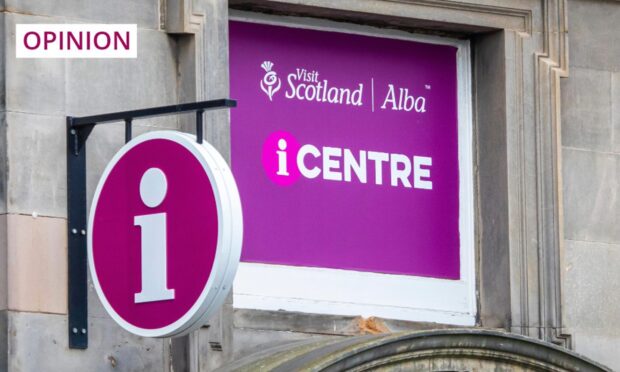
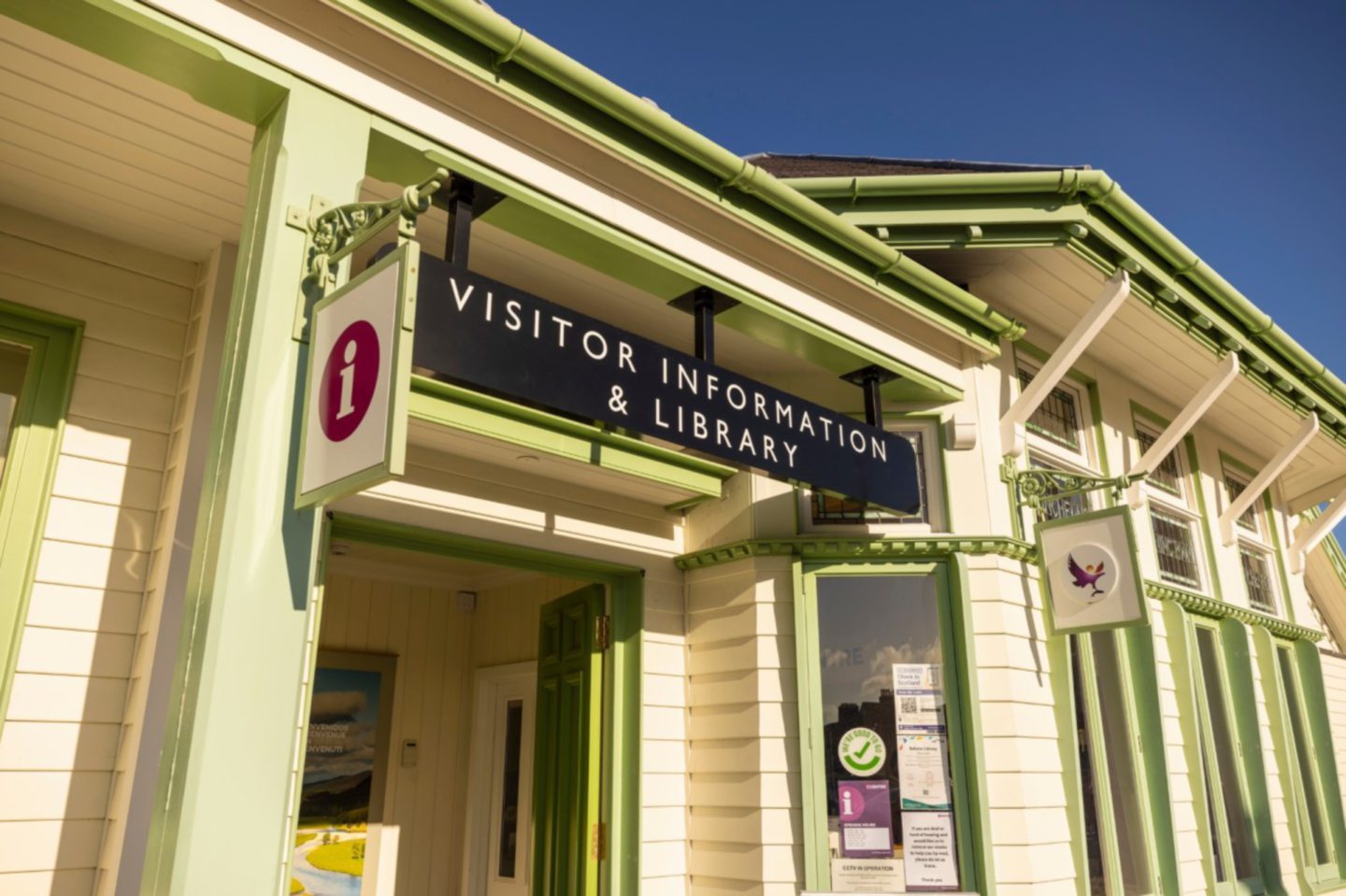

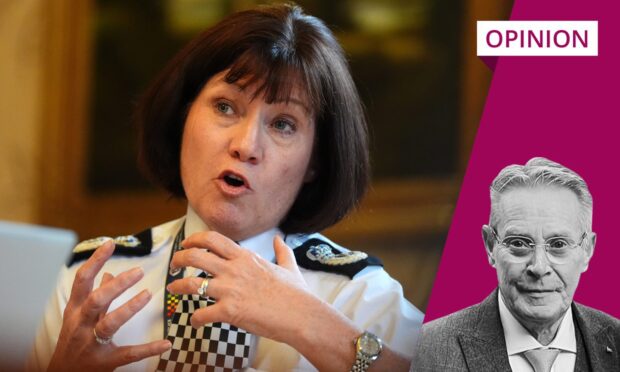
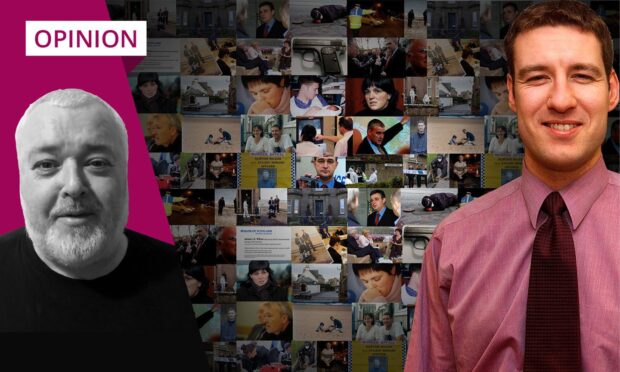
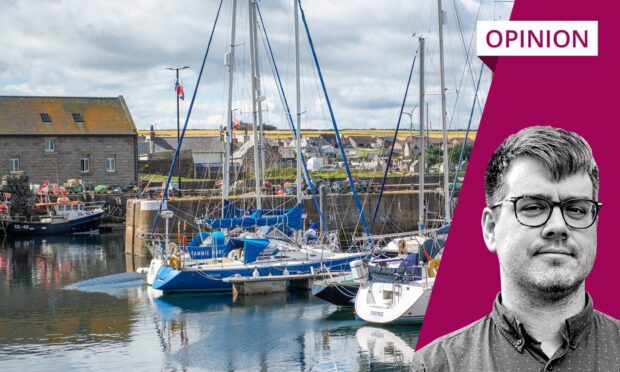
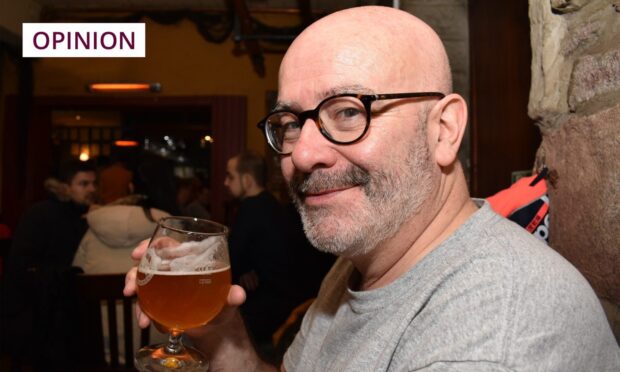

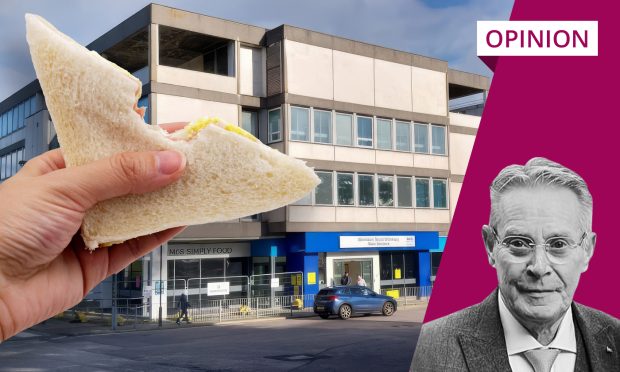
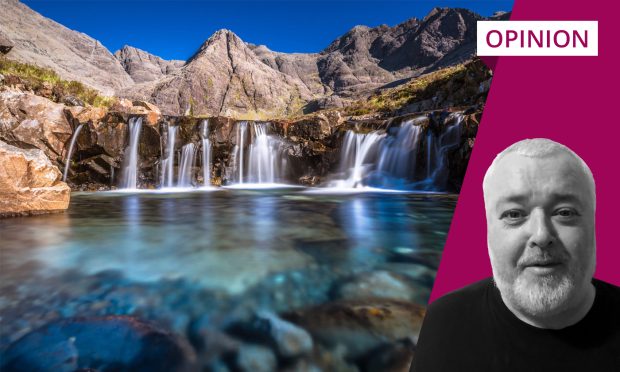
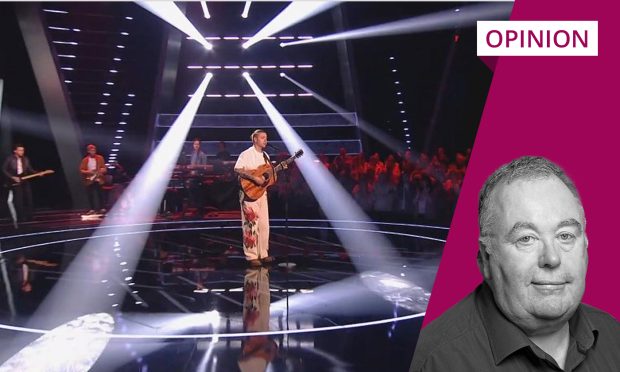
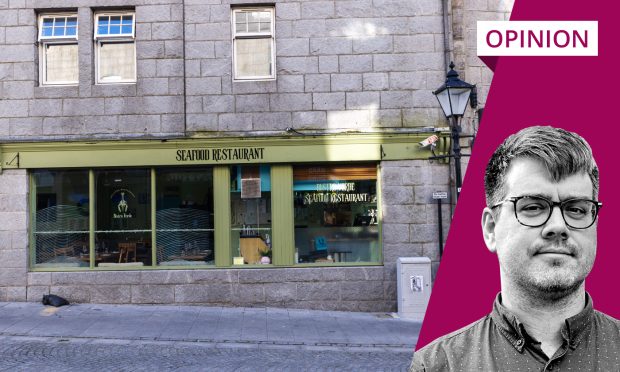
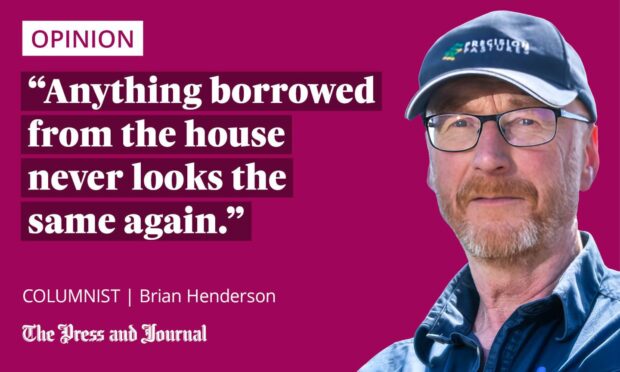
Conversation